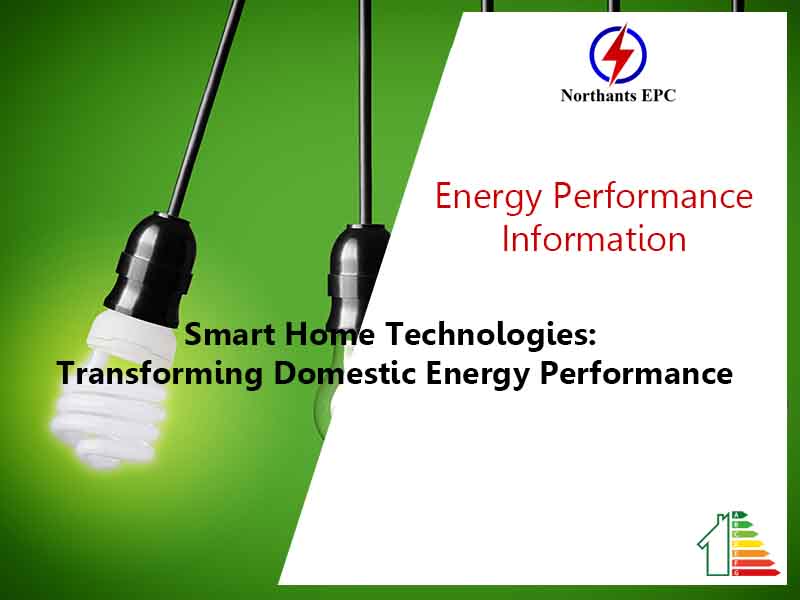Smart Home Technologies: Transforming Domestic Energy Performance
Smart Home Technologies: Revolutionizing Energy Efficiency and Sustainability
Introduction:
In today’s fast-paced world, where sustainability and energy efficiency are crucial concerns, smart home technologies have emerged as a game-changer. These innovative systems are revolutionizing the way we consume and manage energy within our homes. By integrating cutting-edge automation, artificial intelligence, and connectivity, smart home technologies are transforming domestic energy performance for the better.
1. Seamless Energy Management:
Gone are the days when homeowners had to manually adjust thermostats, turn off lights, or unplug devices to conserve energy. With smart home technologies, energy management has become a seamless and intuitive process. These systems allow homeowners to monitor and control various aspects of their energy consumption with just a few taps on their smartphones or voice commands to virtual assistants.
2. Optimizing HVAC Systems:
One of the key areas where smart home technologies excel is in optimizing heating, ventilation, and air conditioning (HVAC) systems. Traditional thermostats are limited in their ability to adapt to changing weather conditions or occupancy patterns. Smart thermostats, on the other hand, utilize sensors and machine learning algorithms to learn the household’s preferences and automatically adjust temperature settings accordingly. This not only enhances comfort but also helps reduce energy wastage by avoiding unnecessary heating or cooling.
3. Enhanced Lighting Efficiency:
Smart home technologies have significantly improved the efficiency of lighting systems. Homeowners can now create customized schedules, control brightness levels, and even change the color of the lights to suit their mood or specific activities. Motion sensors can detect when a room is unoccupied and automatically turn off the lights, ensuring that energy is not wasted when it is not needed.
4. Integration with Renewable Energy Sources:
The integration of smart home technologies with renewable energy sources is a significant step towards achieving a sustainable and energy-efficient future. For example, solar panels can be integrated with smart home systems to monitor energy production and consumption in real-time. Homeowners can leverage this information to make informed decisions about when to use appliances or charge electric vehicles, maximizing the utilization of clean, renewable energy.
5. Valuable Energy Consumption Insights:
Smart home technologies offer valuable insights into energy consumption patterns. Detailed analytics and visualizations provide homeowners with a comprehensive overview of their energy usage, allowing them to identify energy-intensive appliances or behaviors. Armed with this knowledge, individuals can make informed choices to reduce energy waste, lower their carbon footprint, and ultimately save money on their utility bills.
6. Contribution to Energy Infrastructure:
The benefits of smart home technologies extend beyond individual households. By connecting to a central energy grid, these systems enable a more intelligent and efficient distribution of energy resources. Energy providers can better anticipate demand and allocate resources accordingly by aggregating data from multiple homes, leading to a more stable and reliable energy infrastructure.
Conclusion:
In conclusion, smart home technologies are transforming domestic energy performance by optimizing energy usage, enhancing comfort, and promoting sustainability. From intelligent HVAC systems to smart lighting solutions and integration with renewable energy sources, these technologies empower homeowners to take control of their energy consumption. With their ability to analyze data and provide valuable insights, smart home technologies are not only making our homes more efficient but also contributing to a greener and more sustainable future.
